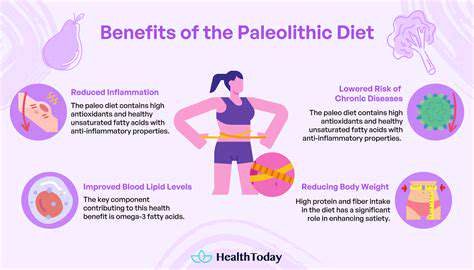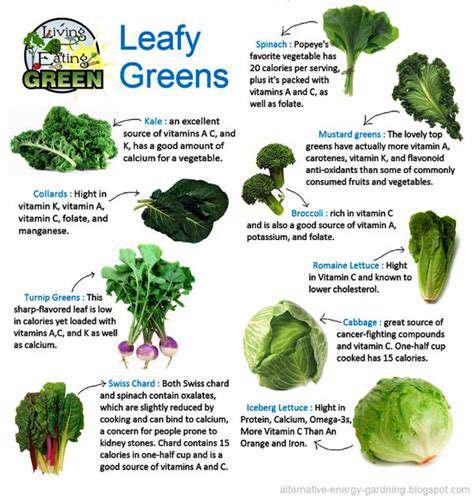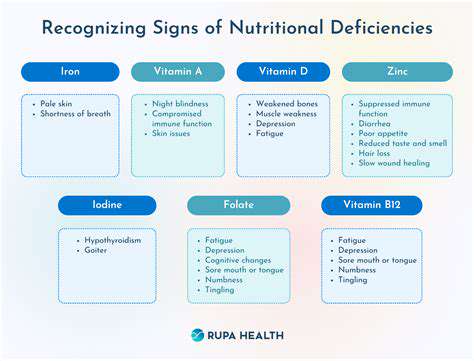Paleo Diet: Eating for Optimal Health
What is the Paleo Diet?

What are the Key Principles of the Paleo Diet?
The Paleo diet, sometimes called the Paleolithic diet, is a dietary approach that emphasizes whole, unprocessed foods. It's based on the idea that humans should eat the same foods that were available to our Paleolithic ancestors, roughly 2.5 million to 10,000 years ago. This means focusing on foods like fruits, vegetables, lean meats, fish, and nuts, while avoiding processed foods, grains, legumes, and dairy products.
A core principle of the Paleo diet is the avoidance of foods that weren't part of the hunter-gatherer diet. This approach aims to mimic the nutritional profile and lifestyle of our ancestors, which is believed to be optimal for human health.
What Foods are Allowed on the Paleo Diet?
The Paleo diet allows for a wide variety of nutrient-rich foods. This includes a broad selection of fruits and vegetables, providing essential vitamins, minerals, and antioxidants. Lean meats, fish, and poultry are also encouraged for their protein content. Nuts and seeds are also part of the allowed food groups. These provide healthy fats and essential nutrients.
Focus on whole foods, such as fruits, vegetables, lean proteins, and healthy fats, is a key aspect of this diet. This emphasis on unprocessed foods is a cornerstone of the Paleo diet.
What Foods are Restricted on the Paleo Diet?
The Paleo diet restricts many foods that are commonly consumed in modern diets. This includes grains, legumes, dairy products, and processed foods. These foods are often viewed as having been introduced into the human diet much more recently and thus not being naturally suited to the human body.
Processed foods, refined sugars, and artificial ingredients are generally avoided. These are considered to be less nutritious and potentially harmful to long-term health.
Potential Health Benefits of the Paleo Diet
Advocates of the Paleo diet claim numerous health benefits, including weight loss and improved blood sugar control. Some studies have shown that the diet may help with weight management, possibly due to its emphasis on whole foods and reduced intake of processed foods. However, more research is needed to confirm these potential benefits.
Some researchers suggest that the reduced inflammatory properties of the diet may contribute to better health outcomes for some individuals. However, the long-term effects and the applicability to diverse populations require more extensive research.
Potential Drawbacks of the Paleo Diet
While the Paleo diet might offer some advantages, it also has potential drawbacks. One concern is the potential for nutrient deficiencies if the diet isn't carefully planned. For example, without careful consideration, it can be challenging to obtain adequate amounts of certain nutrients found in grains and legumes. It's also important to note that the long-term sustainability of the diet might be challenging for some individuals.
The elimination of entire food groups, such as grains and dairy, can lead to nutritional deficiencies if not carefully managed. This calls for a significant adjustment in the dietary habits of adherents, potentially impacting their overall health.
The Paleo Diet and Long-Term Sustainability
The long-term sustainability of the Paleo diet can be a concern for some individuals. The strict restrictions on certain food groups might be difficult to maintain over time. It requires a significant lifestyle change that might not be feasible for everyone. The diet's emphasis on whole foods and the avoidance of processed foods can be challenging to implement in everyday life, especially in social settings.
Long-term adherence to the Paleo diet requires significant discipline and planning. The dietary restrictions can be challenging to maintain, especially when social gatherings or dining out are involved.
The Paleo Diet and Cultural Considerations
It is important to acknowledge that the Paleo diet has cultural implications. The diet's emphasis on a hunter-gatherer lifestyle, while potentially beneficial in some respects, might not be suitable for all cultures or lifestyles. The dietary habits of people around the world vary significantly. This diverse range of dietary patterns highlights the importance of considering individual needs and cultural contexts when evaluating any dietary approach.
The Paleo diet's focus on specific foods might not align with the traditional dietary practices of many cultures. This necessitates a thoughtful consideration of cultural factors when implementing any dietary changes.












